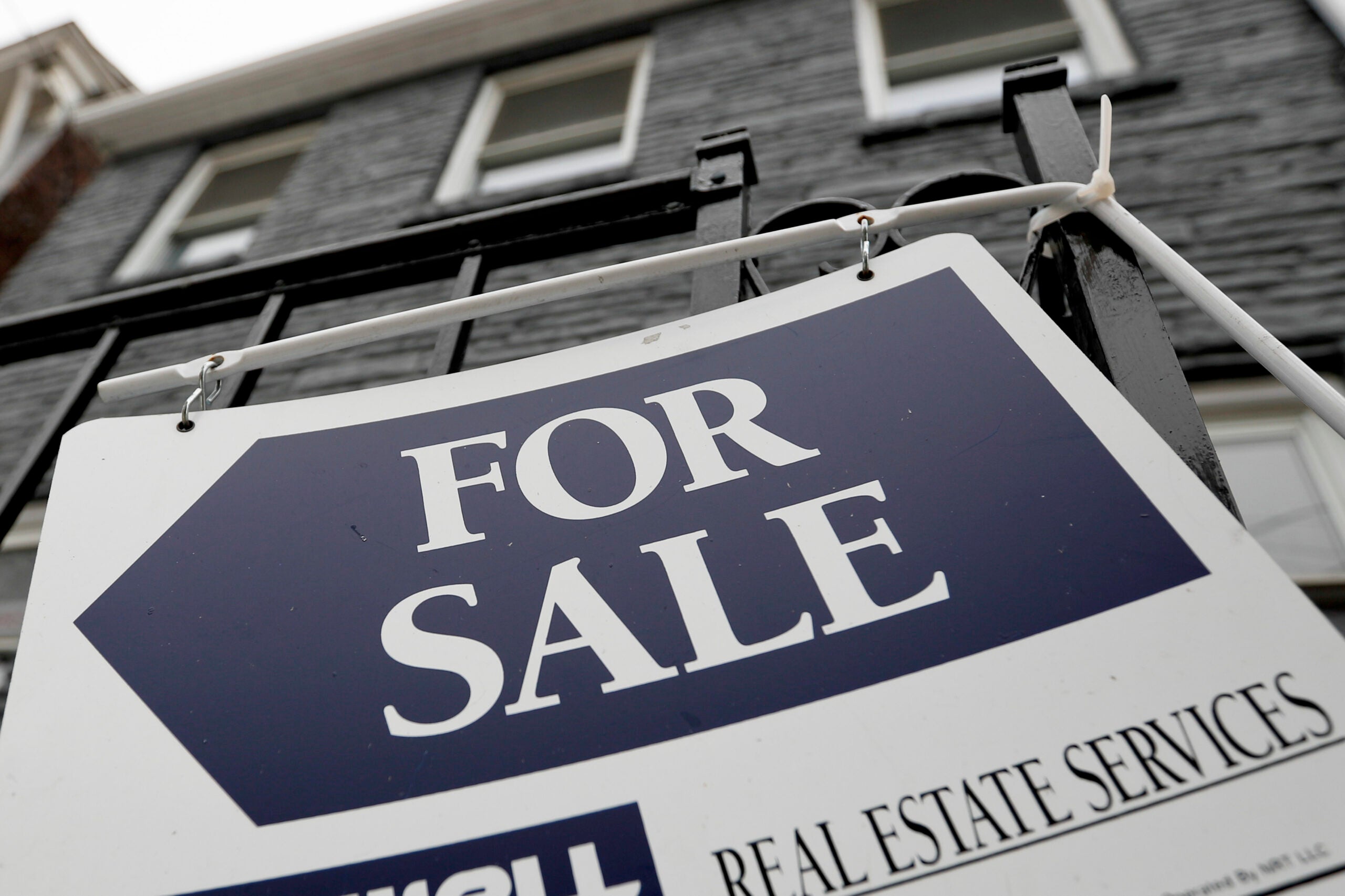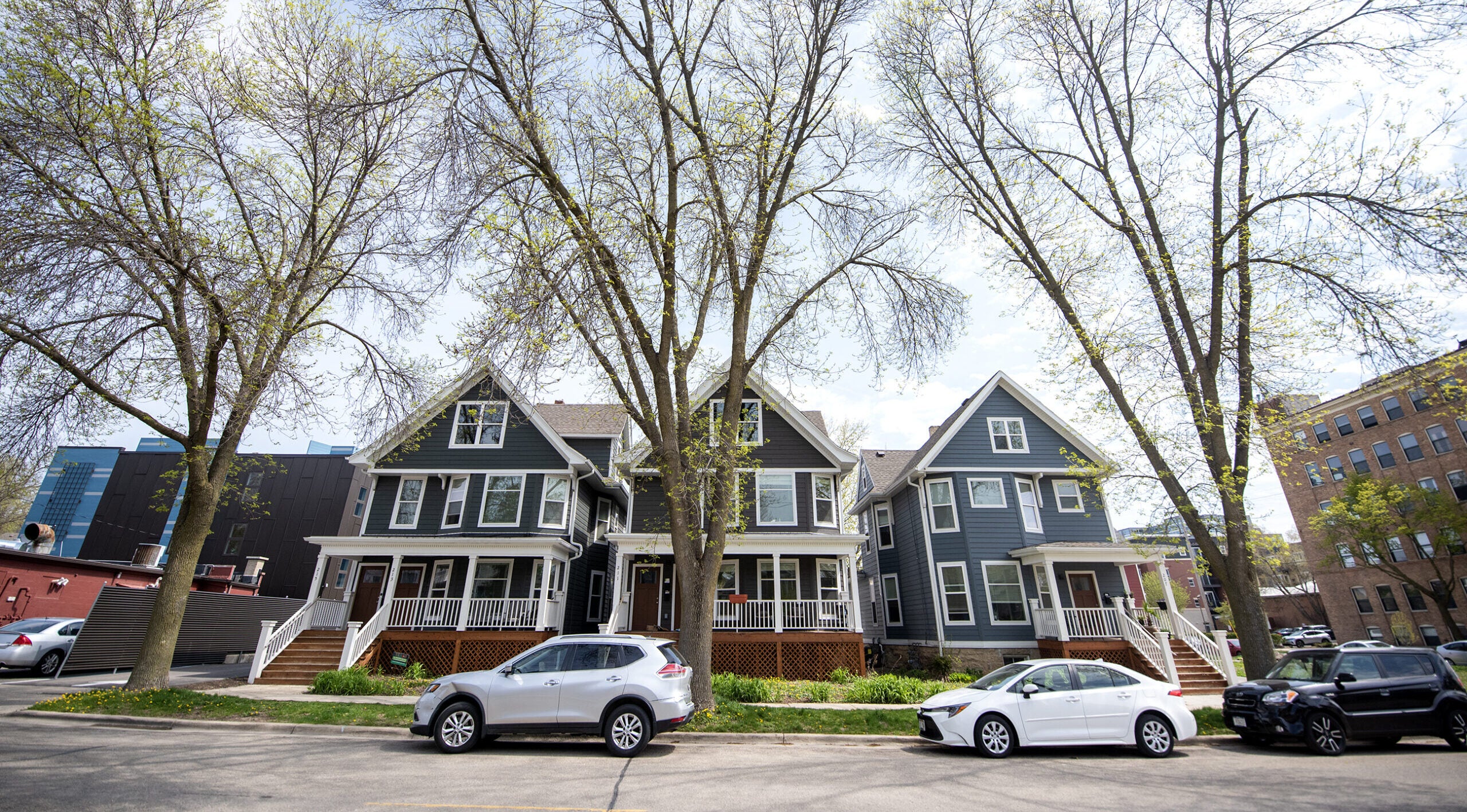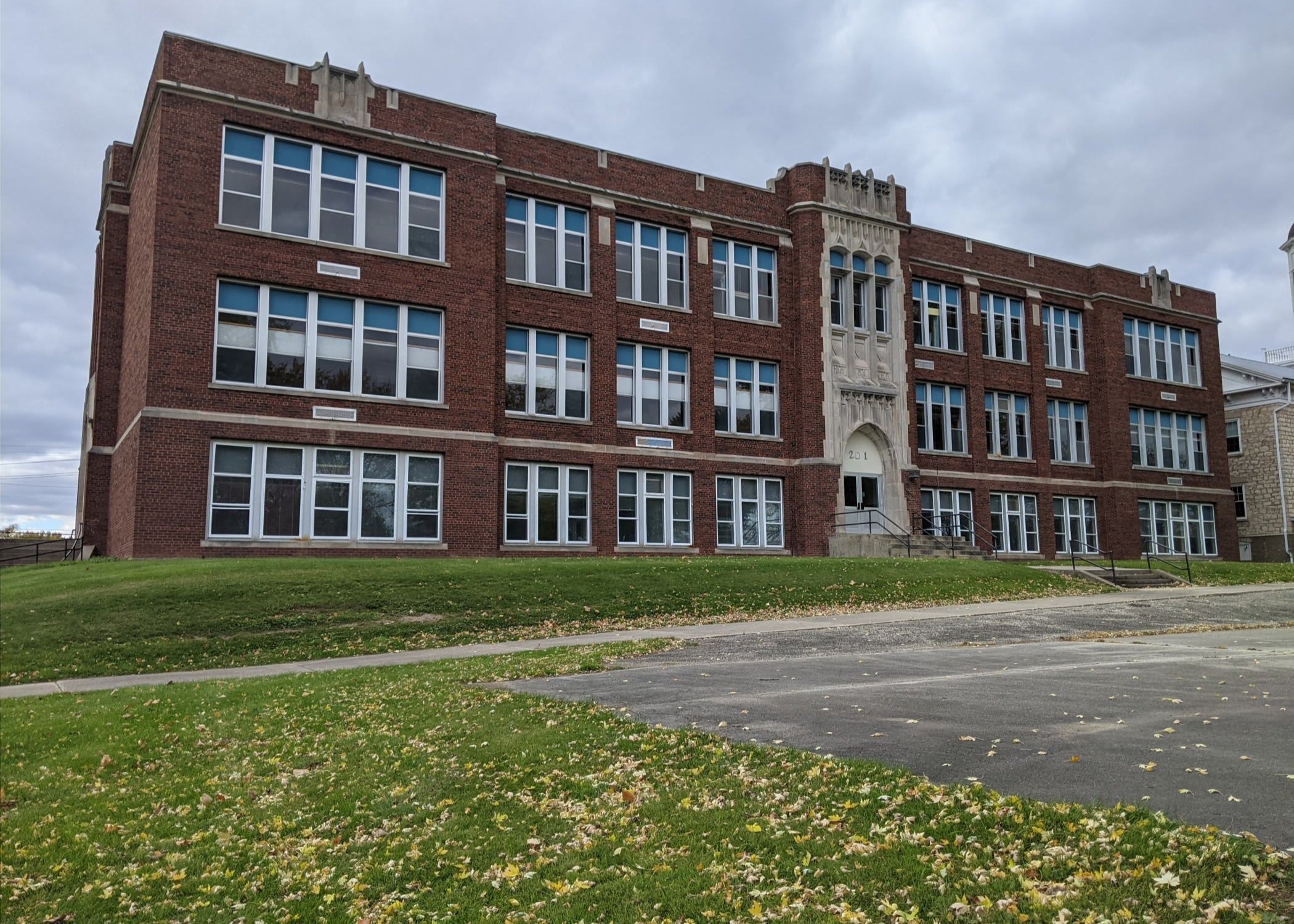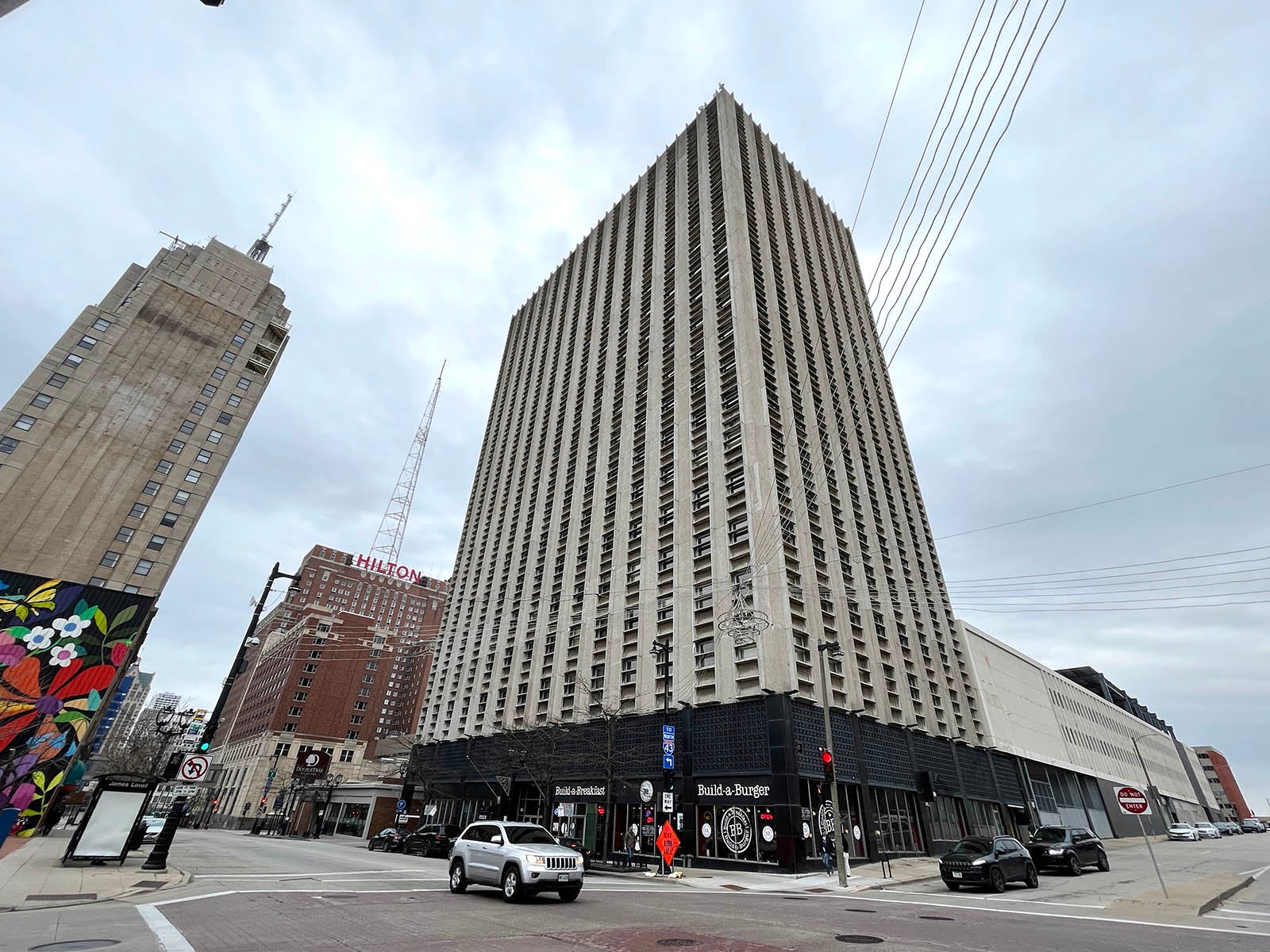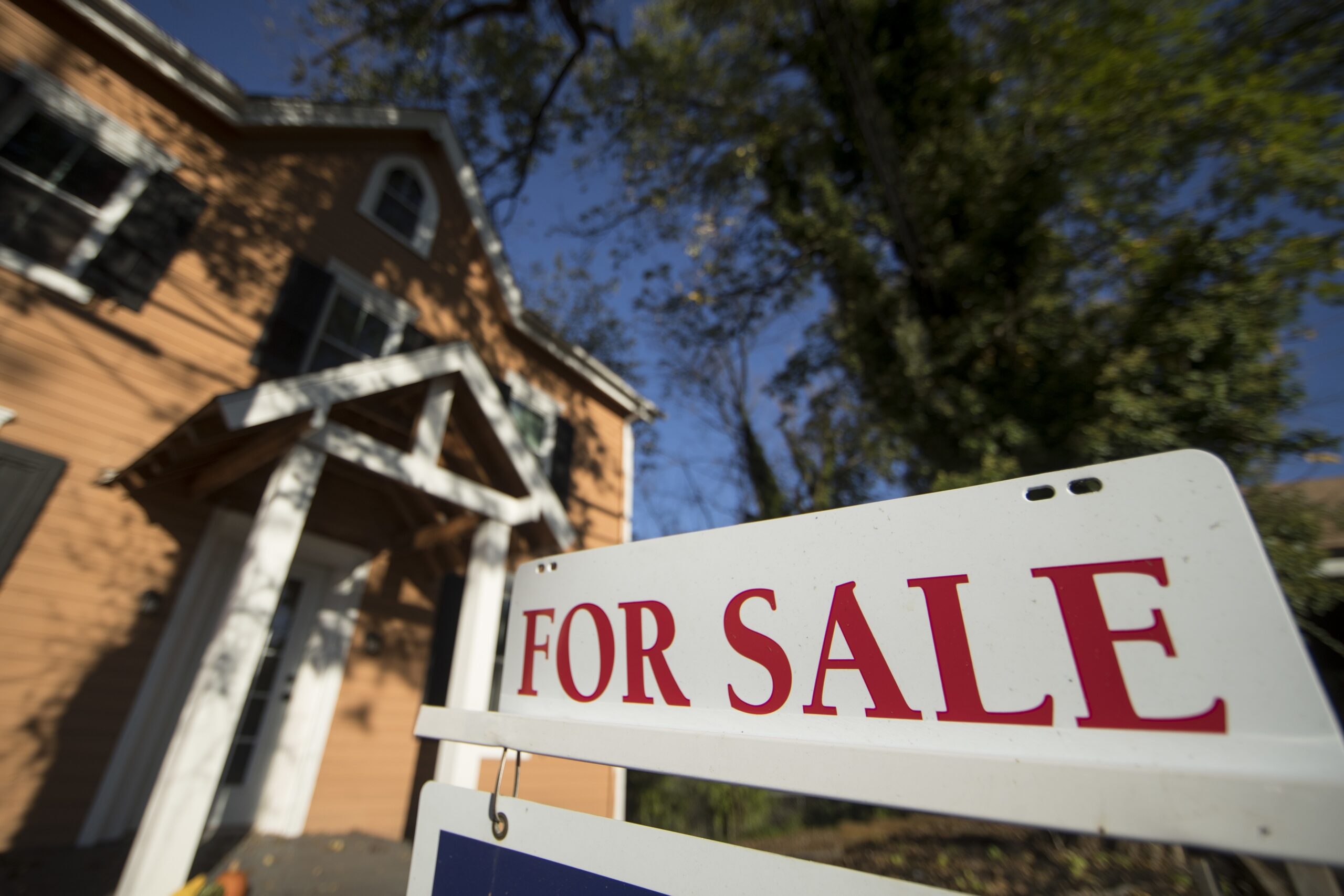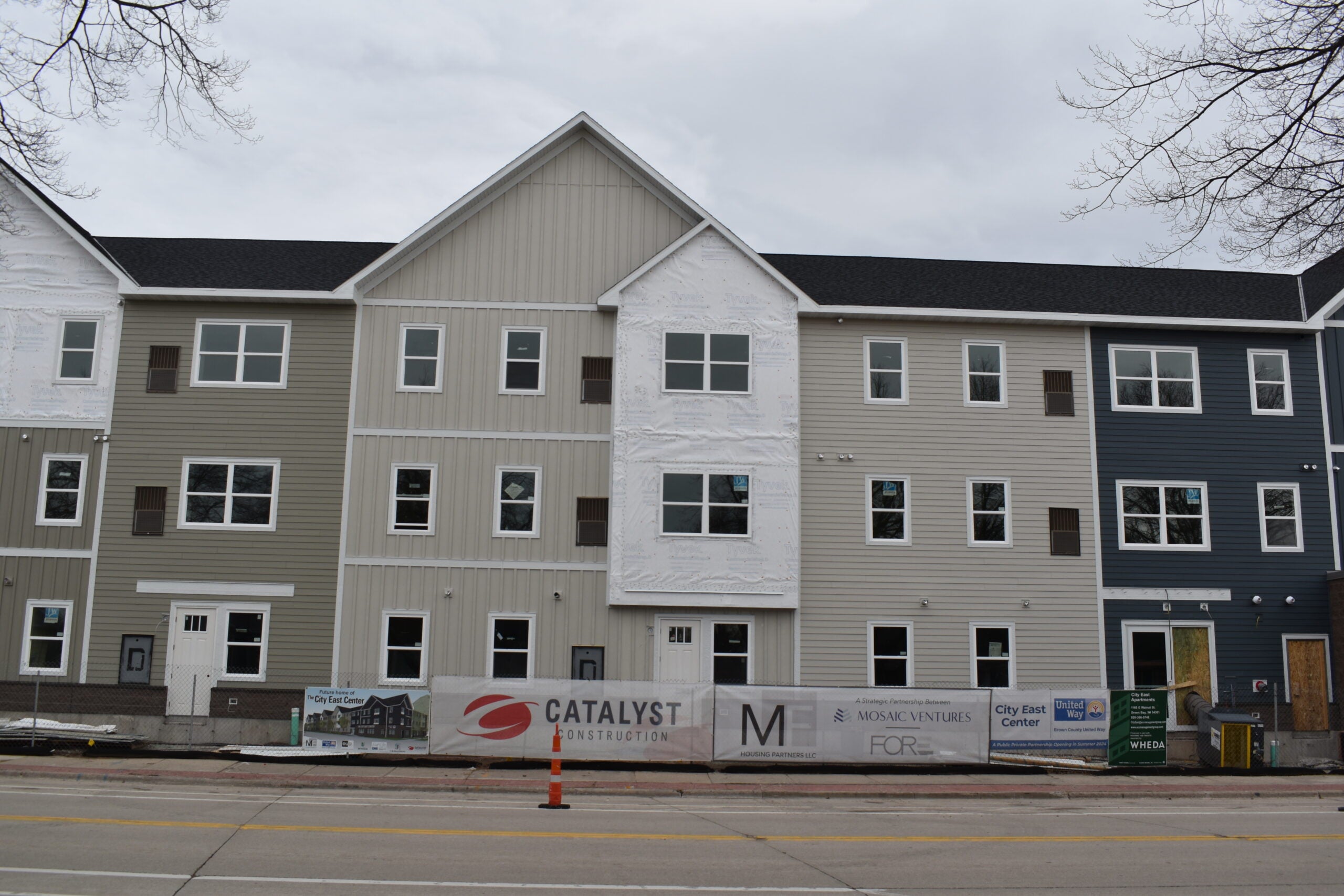Housing advocates and elected officials say government spending, changes to zoning laws, faster permitting and building more homes are the keys to alleviating Wisconsin’s housing crisis.
Wisconsin’s housing prices have risen much faster than incomes since 2017. A March report from the Wisconsin Policy Forum found that the cost of owner-occupied housing in the state far outpaced income growth, while median incomes among renters kept pace with rising rental prices.
However, the share of renters spending more on housing that is considered affordable has also increased. More than half of all renters in Milwaukee and Dane counties spent more than 30 percent of their income on housing in 2022, according to the report.
Stay informed on the latest news
Sign up for WPR’s email newsletter.
Dane County and rural counties with a high percentage of vacation homes have the highest price-to-income ratios, according to the report.
Teig Whaley-Smith is with the Community Development Alliance in Milwaukee. He said the number of homes being built in the city is a racial equity issue.
“For the first time in decades, we’re actually seeing an increase in Black and Latino homeownership in Milwaukee, which is super exciting. But we can’t possibly maintain that growth and make up for all the losses in the past, because we don’t have enough inventory,” he said.
“The lack of inventory is making us continue to be a very segregated city.”
Whaley-Smith touted the initiative known as Growing MKE, which calls for zoning changes to build more dense housing options in the city with a focus on affordability.
Milwaukee received $2.1 million in federal funding last month from the U.S. Department of Housing and Urban Development to to increase the amount of affordable housing options in the city.
Washington County Executive Josh Schoemann said more housing is needed in his county to reverse “brain drain,” or the state’s struggle to attract and retain young workers.
Schoemann said he hears about the need for more affordable housing from young people, and the parents who want them to move back to Wisconsin.
“This is a supply side economics issue: build, baby, build,” he said.
Madison Mayor Satya Rhodes-Conway is leading the charge on new zoning plans to allow for greater density in her city, but some local residents have resisted those changes.
Median home price sales in Dane County are more than four and a half times the median household income, according to the Policy Forum report.
Rhodes-Conway said bringing down those costs will require building more homes. She said the city has a fund to buy land and has “been much more aggressive” in purchasing property for future development, the majority of which will be used for affordable housing.
She offered advice to other politicians encountering resistance to creating more housing density.
“You have to understand that this is going to take political courage, that our communities are very used to being the way that they have been, and seeing the kind of development and housing that they have seen,” she said.
Whaley-Smith, Schoemann, and Rhodes-Conway spoke at a panel organized by the Wisconsin Policy Forum on the state’s housing crisis.
Wisconsin Public Radio, © Copyright 2025, Board of Regents of the University of Wisconsin System and Wisconsin Educational Communications Board.
